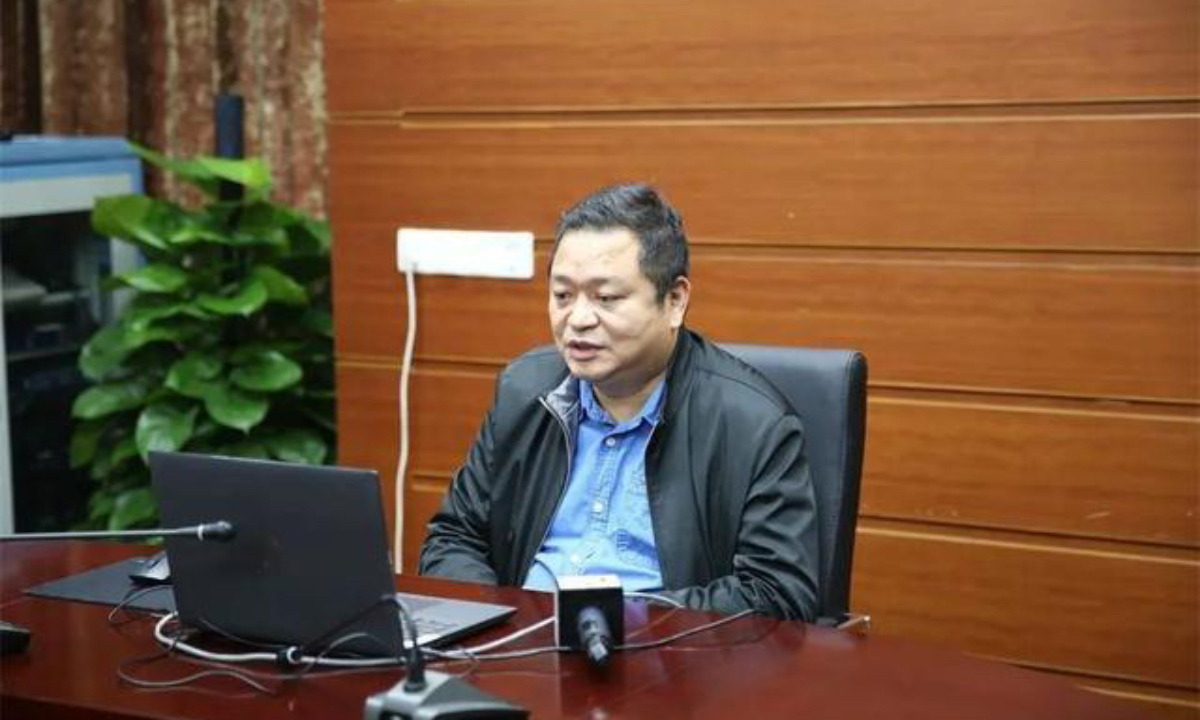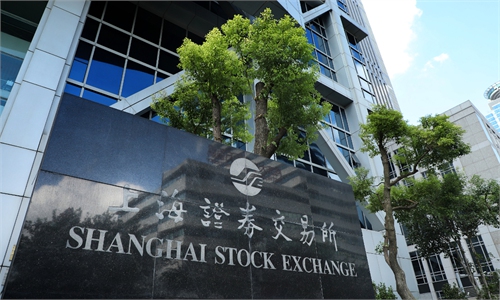No confirmed evidence shows existence of sequelae after recovery from coronavirus: epidemiologist

Chong Yutian, chief physician of Internal Medicine at the 3rd Affiliated Hospital of the Sun Yat-sen University and deputy director of Guangzhou Huangpu Makeshift Hospital Photo: Sina Weibo
There is no confirmed evidence in academia that shows the existence of sequelae after recovery from contracting coronavirus, said a senior Chinese epidemiologist in response to the public's concerns on Wednesday.
Chong Yutian, chief physician of Internal Medicine at the 3rd Affiliated Hospital of the Sun Yat-sen University and deputy director of Guangzhou Huangpu Makeshift Hospital, says sequelae are medically defined.
"Patients with some infectious diseases are considered sequelae only when the function of certain organs fails to return to normal for a long time after the end of the recovery period," he said.
The COVID-19 epidemic is developing rapidly across the country in a wide range of areas, with some places facing the most complex and severe situation in the past three years, Cheng Youquan, an official of the national administration of disease prevention and control, said earlier at the press briefing.
China on Wednesday reported 4,150 local confirmed COVID-19 cases and 31,911 asymptomatic carriers, according to the National Health Commission on Thursday.
For COVID-19 patients, it can be observed that some patients' clinical manifestations may last for a longer time, such as loss of taste and smell, joint pain, memory loss, chest pain and couch, which is called "long COVID" by some scholars.
But Chong said these symptoms cannot yet be classified as the sequelae of COVID-19. "There are no confirmed sequelae of COVID-19, at least not yet evidence of sequelae," he added.
The epidemiologist said that recovered patients are resistant to the virus and will not be re-infected with the same strain of the virus for a short period of time. However, there is no lifelong immunity after the infection with COVID-19 as far as the relevant cases are concerned. As time goes by and new strains emerge, infection is still possible for those who were infected before, but the chance is smaller.
As for whether the symptoms will become more severe after re-infection, Chong said that China has not been through two consecutive large-scale infection situations at present, which means that observable data is so limited to draw exact conclusions.
However, it is certain that people infected with coronavirus are basically not infectious after they have recovered from the illness and they are unlikely to spread the virus and are safe for the community, Chong said.
Global Times

